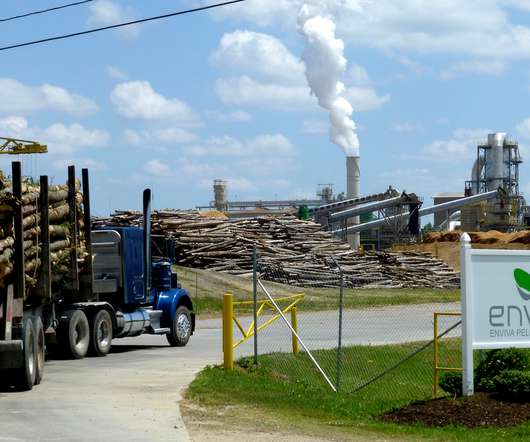Applying science and healthcare principles to soil wellness can help our planet
GreenBiz
AUGUST 27, 2020
Applying science and healthcare principles to soil wellness can help our planet. These same principles of human healthcare, and these same scientific and technological advances, are starting to be applied to soil — our most important asset for securing our food supply. Soil at the center . Poornima Param….















Let's personalize your content